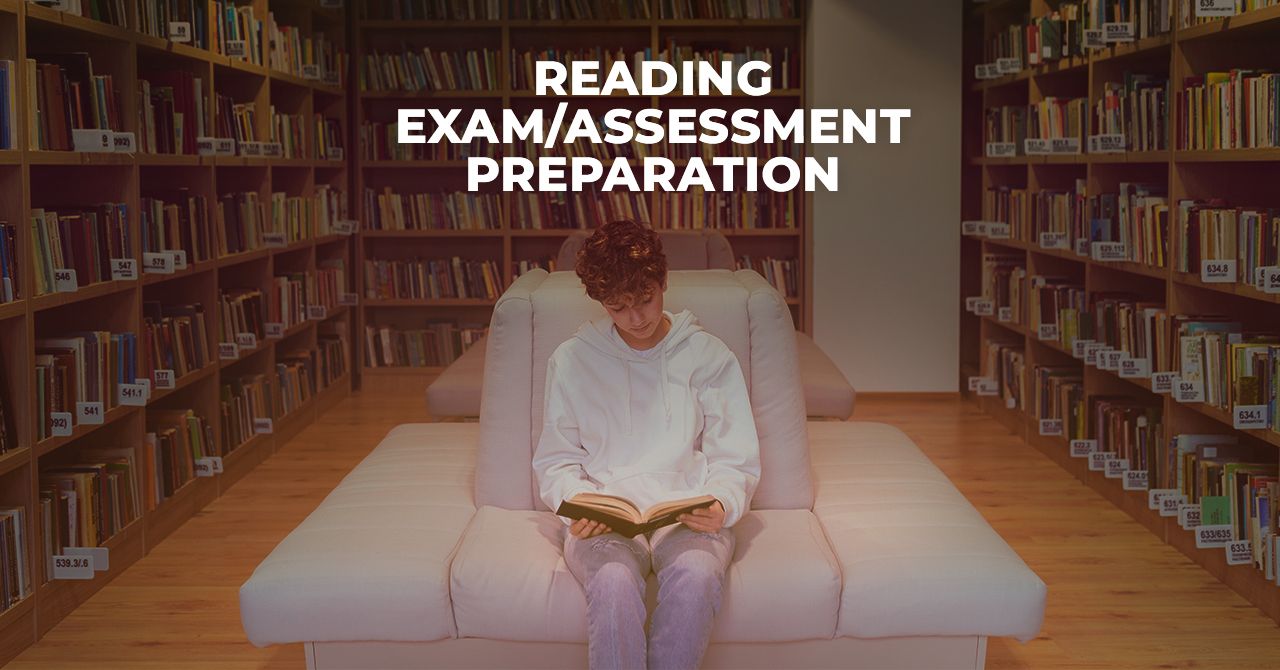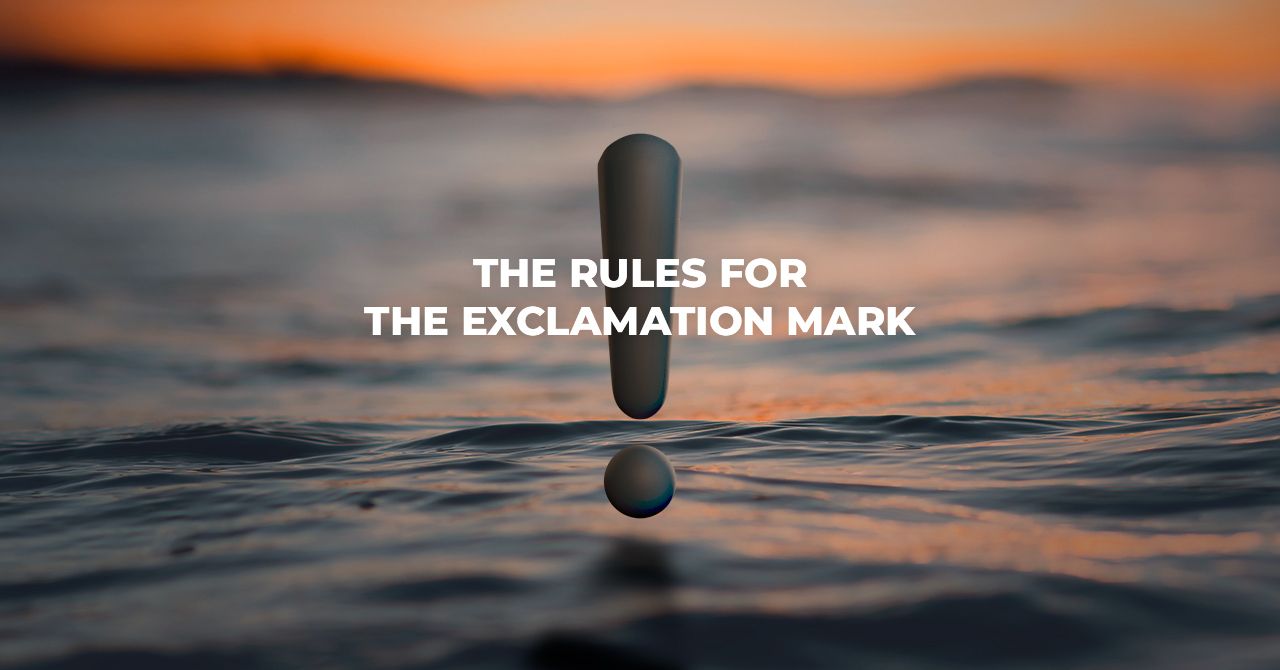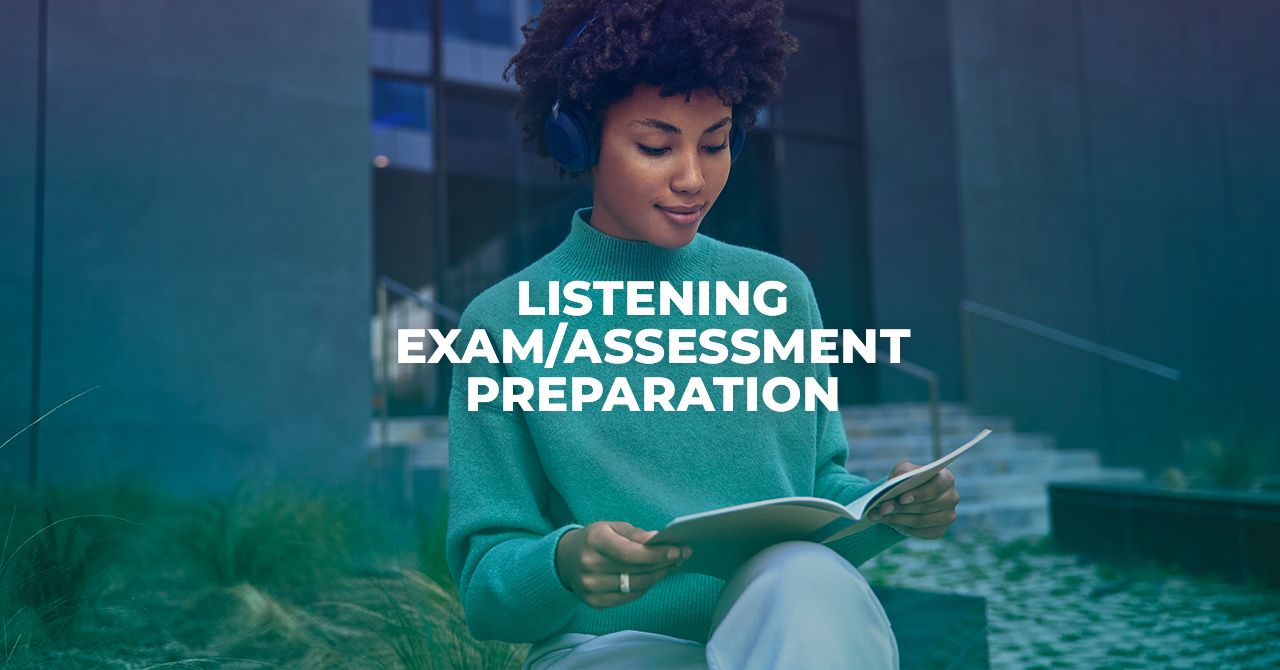English
Find lots of useful information for learning English. Don't miss our new articles.

Compliment versus complement
The only difference between the words looking at them is just the “i” and the “e.” These two terms, however, are not interchangeable. They have completely different meanings.

Preparing for a Reading Exam/Assessment
A positive attitude goes a long way to being successful - if you have practiced the skills and suggestions listed below you will feel more confident of doing well.

What is an exclamation mark?
When an utterance has the tone of a request, an exclamation mark is used. It corresponds to a final emphasis in a comparatively high register. The exclamation point indicates a strong emotion or emphasis.

How to use “continually” vs. “continuously” with example sentences
The words continually and continuously are very similar, and yet have slight nuances that many people are not aware of. In fact, these two terms cannot be used interchangeably.

Another Way to Say “I Look Forward to Hearing From You”
Looking forward to hearing from you is a popular email ending, but it’s so often used, most see it as a faux pas.

Preparing for a Listening Exam/Assessment
Listening Exams/Assessments are by far the hardest of the four disciplines (Reading, Writing, Speaking, Listening) as you probably know.

Defence vs. defense: how to choose the right word
One common error seen in many English write-ups is the correct use of defense or defence. Both words are alternate spellings of a noun which means to protect something from harm.

How to use cannot, can not, and can’t correctly and properly in a sentence
“Cannot” and “can’t” mean the same thing, i.e., the inability to do something. However, they are both used in different ways.